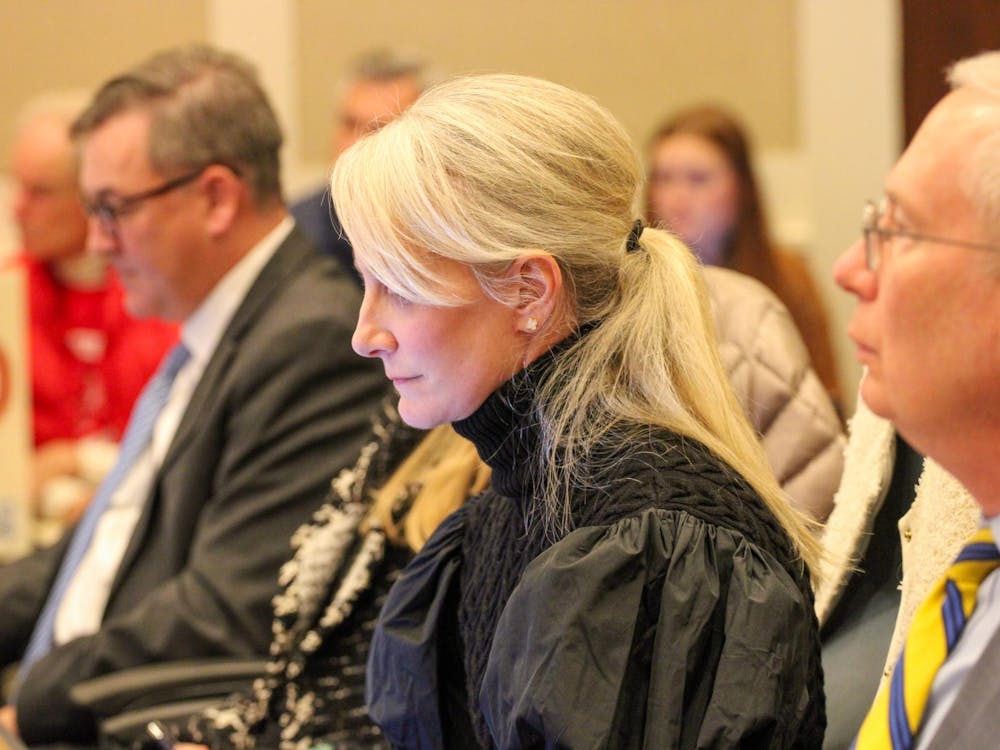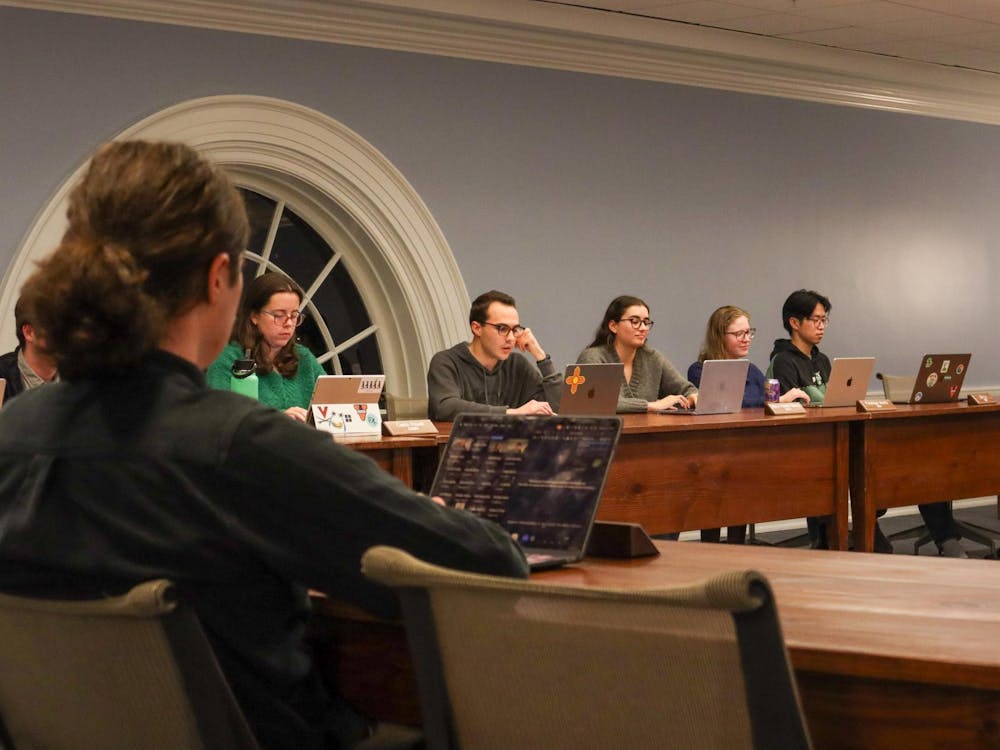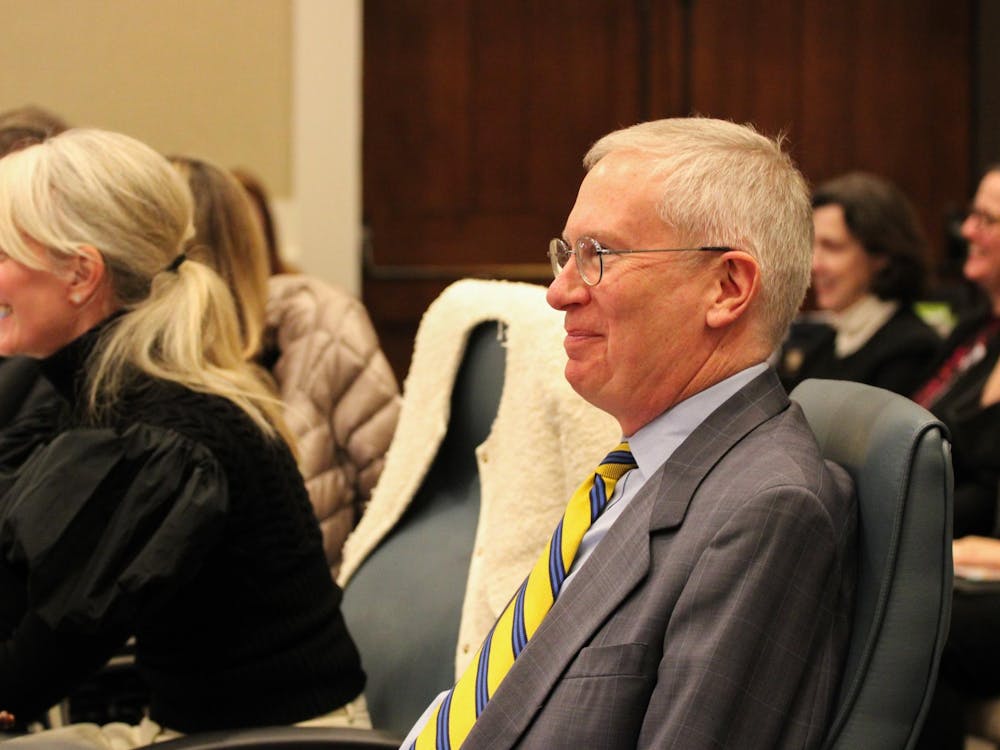Virginia's Democratic Party is facing an unprecedented situation as it begins to contend with a Republican majority in the General Assembly for the first time since Reconstruction.
"It's going to be a new experience obviously," Del. Mitch Van Yahres (D-57th) said.
When they lost the majority in the House of Delegates Nov. 2, Democrats lost the ability to direct committee appointments and bill assignments. The Republicans now will control all aspects of the House agenda. The new session starts Jan. 12.
"In politics, that control of agenda is a major part of political influence. The Democrats have been weakened in legislative power," said Scott Keeter, Department of Public and Foreign Affairs Chairman at James Madison University.
Despite these setbacks, Democrats plan to continue to fight for issues such as public education funding, HMO accountability and transportation by attempting to build bipartisan coalitions, Democratic Caucus Research Director Grant Neely said.
"We're going to continue to get legislation passed by making cases that our ideas are better. We will work with moderate members or others who put issues ahead of partisan lines," Neely said.
Keeter agreed that creating bipartisan coalitions is essential for Democrats to gain more power in the House.
"The more you have fault lines that cut across each other, the more it softens the dispute between party fault lines," he said.
But state Sen. Emily Couric (D-Charlottesville) said she believes the two parties already cooperate and Democrats will not face much additional difficulty in passing legislation.
"Most people vote on behalf of the constituents that they represent. They favor more [constituent] concerns in voting rather than partisan affiliation," Couric said.
Van Yahres said among some issues where the parties disagree, such as taxation, the Democrats may lose ground. But support for other issues, such as health care and education standards, will not split along party lines, he said.
At this point, Republicans are unsure of exactly how they will delegate power within the House, said Tim Murtaugh, communications director of the Republican Party of Virginia. But GOP members in the House will have to work within the confines of a power sharing agreement signed by both Republicans and Democrats last year when the Republicans held a one-vote advantage over the democrats. Until one party gains 55 seats in the House, the power sharing agreement will stay in place: The Republicans now hold 53 seats.
Through the agreement, Democrats had been forced to appoint Republicans as co-chairmen to all committees, Murtaugh said. Now the tables are turned.
"The Democrats don't want us to treat them like they treated us," he said.
Van Yahres also said he fully expects the GOP to take advantage of the upcoming redistricting in 2001 to give their candidates an edge.
District lines in Virginia are redrawn every 10 years, and the party in control has the authority to do so.
Along with trying to pass their legislation, Democrats also must begin to prepare for the upcoming U. S. Senate elections as the minority party.
"I don't know that it will have any effect on [Sen.] Chuck Robb's (D) campaign. There is no connection between the two" elections, Neely said.
But despite optimism from some, the coming year is still a time of uncertainty for the party, said Larry J. Sabato, government and foreign affairs professor.
"This means that they're in for a long period of frustration. It's tough to be the minority because they are not running things. They can't guarantee things to voters," Sabato said.






